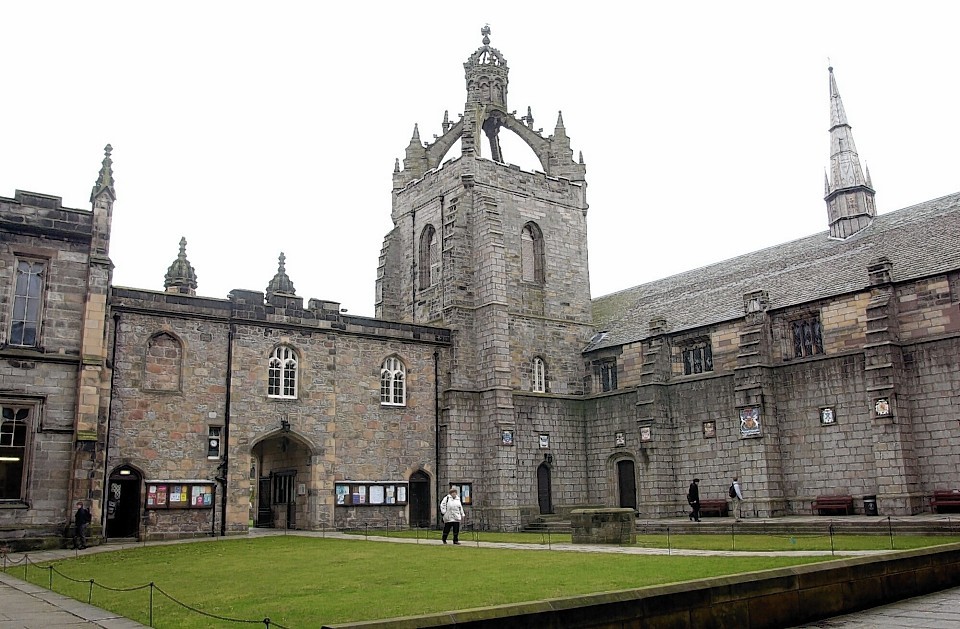Researchers at a north-east university are exploring whether cannabis could be used to treat kidney failure caused by diabetes.
Currently, about 40% of people with diabetes go on to develop kidney failure.
Now, Aberdeen University academics are examining if new synthetic cannabinoid compounds could be used to help kidneys respond more effectively to insulin.
Active ingredients in the cannabis plant are already known to help treat a number of conditions such as rheumatoid arthritis.
This is achieved when the plant’s cannibanoids act on the body’s own cannibanoid receptors.
These are made up of CB1 receptors found in the brain, and CB2s which are found in other tissues.
Both types of receptors are also found in the kidney cells, with CB1 increased in patients suffering from kidney failure and CB2 decreased as a result of the same condition.
Dr Mirela Delibegovic is leading the research team behind the project, which is being funded by Diabetes UK.
“New evidence suggests that to combat diabetes and its complications, we want to block CB1 receptors and activate CB2, and we think these novel compounds could allow us to do this,” she explained.
“Diabetic nephropathy can lead to patients requiring dialysis or renal transplantation, therefore identifying if novel cannabinoid compounds can be used to ameliorate this disease is of upmost importance.
“There are already some cannabanoids used to treat inflammatory diseases like rheumatoid arthritis, so these compounds could be taken relatively fast from bench-side to bed-side.”
The team is collaborating with Bristol University, which has provided access to human cells from patients with kidney disease.
The new cannabinoids will be used to see if they improve insulin sensitivity in these cells.
The ones that show improvement in human cell lines will be tested in mouse models of diabetes.
The launch of the study coincides with World Diabetes Day today, organised by the International Diabetes Federation.
The university’s Kings College is among a number of buildings across the UK and further afield which will light up blue in recognition of the event.
